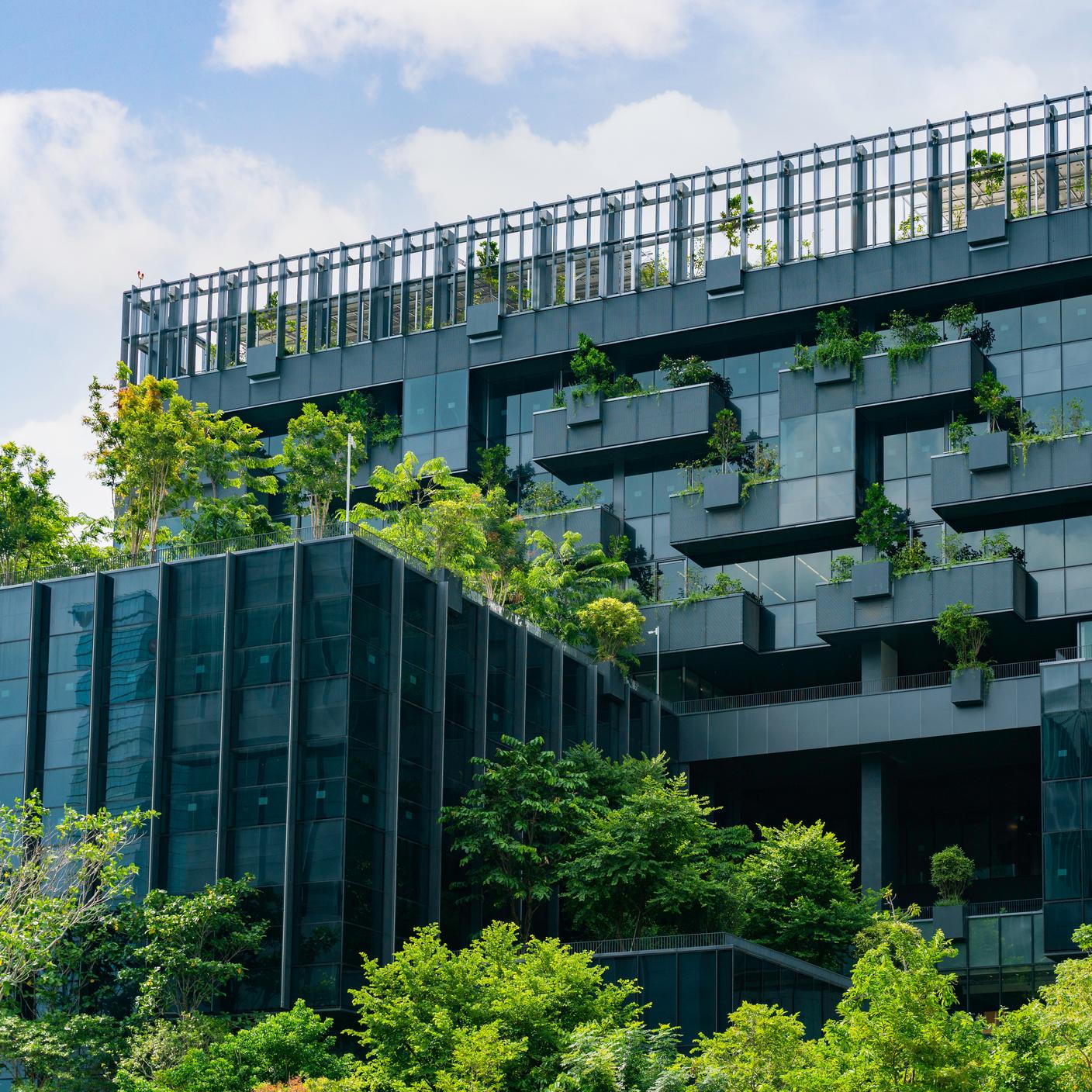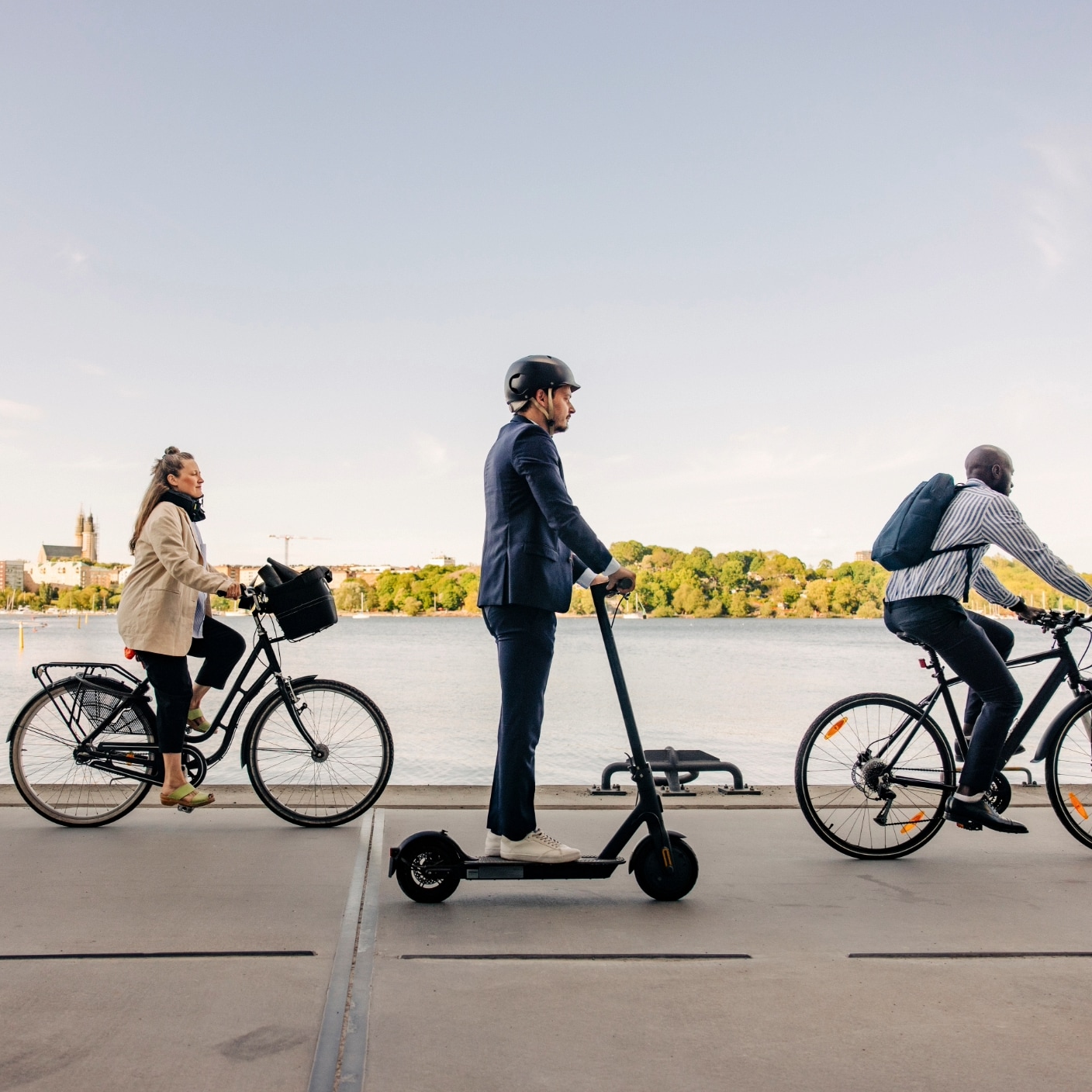The path to everyday sustainability
In a world where resources are limited and our actions impact the planet, sustainability is more than just a trendy term. Recent events like the COVID-19 pandemic and shortages of essential raw materials are making us rethink how we live and consume.
This article looks at everyday sustainability, exploring the power of a circular economy and the role of organizations in driving change.
Through insights from experts, we uncover a shift in mindset and the path toward a more balanced coexistence with our environment.
Embracing the circular economy for everyday sustainability
The usual path of products—from creation to disposal—follows a linear route. Yet this overlooks the fact that our planet's resources are finite. The materials economy, which supports our lifestyles, spans from extracting and producing to distributing, using, and disposing. But these resources are running low, demanding a shift.
"I think COVID has changed the mindset of people,” Diana Verde Nieto, Co-Founder of Positive Luxury says. “It’s made us perhaps a little more mindful about our relationship with the world. I think that we’re moving from being just a consumer to being a citizen and understanding that we have power to change the status quo.”
Circular economy vs circular business models
True sustainability involves moving away from the linear economy of consumption and disposal and adopting a circular approach – reusing, recycling, and re-manufacturing into new products.
Diana says there is a big difference between the circular economy and circular business models, adding: “A circular business model is much bigger. It means I buy something and then I can resell it, rent it, repair it, or share it. It’s not just having a thing and then transforming it into something else, but actually extending the lifecycle of that product. It’s a move away from this disposable mindset of ‘buy today, throw it away’ – because there is no ‘away’.”
In the realm of technology, Steve Haskew, Director of Sustainability and Client Engagement at Circular Computing, sees a significant change. He adds: "The world is focused on the [impact of the] transport sector and the energy sector, which is right, but the largest effect we can have is on the energy used in making things.”
Instead of just speed, the focus has turned to software efficiency. This has led to innovative solutions like remanufacturing, giving new life to existing materials and fostering a circular economy within the tech industry.
Forging a sustainable path through collaborative efforts
Sustainability isn't just an individual choice; it's a collective responsibility shared by society, businesses, governments, and individuals.
Collaboration and accountability, as Daan van der Wekken, Head of ESG (Environmental, Social & Governance) at BSI, suggests, are crucial for overcoming global challenges. Daan says we are all responsible for sustainability, adding: “We are facing unprecedented global challenges which can only be solved by cooperation and collaboration among civil society, business, government, NGOs, foundations, and consumers.”
Diana says: "Where before we had growth at the heart of business models, now we have impact and growth, and that comes from the investment community who are giving money to companies that can qualify and quantify their impact.”
Diana Verde Nieto emphasizes how investors and ESG factors influence businesses. These factors are reshaping business strategies, aligning growth with impact.
The road to everyday sustainability involves small shifts in behaviour. From choosing eco-friendly transportation to reducing plastic use, our choices echo in our lives and the world around us.
As we transition to a circular economy, a profound truth emerges: Sustainability isn't just about words; it's about collective actions.
Everyday environmental responsibility
Individuals, organizations, and society working together create a symphony of change. This paves the way for a future where sustainability isn't just an idea—it's a way of life, a legacy of responsible stewardship for generations to come.
We're committed to operating sustainably and helping other organizations operate sustainably. Using standards to establish a common language and drive innovation in sustainable practices, across sectors, is the key to creating the circular business models and moving towards a circular economy.
The impact of our everyday choices, such as the standards we hold companies to, through the products we choose to buy, add up to a collective decision and movement that supports and demands sustainability at every level of society. Standards are a way of bringing together ideas and creating a collaborative approach to sustainability
Through rigorous standards and certifications, we help organizations navigate the intricate landscape of sustainability claims, understand and avoid greenwashing, and empower individuals to make well-informed decisions.
Amidst the sea of sustainability terms and environmental claims, a key question arises: How can we tell what's truly impactful? Daan van der Wekken highlights the confusion around climate and carbon terms. This challenge calls for a clear, shared language—something standards can provide.





